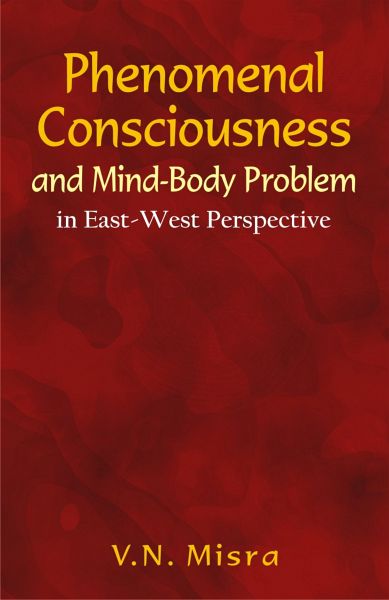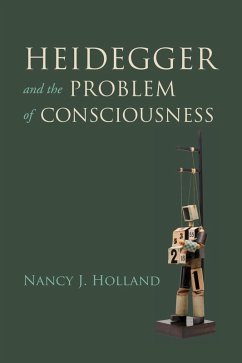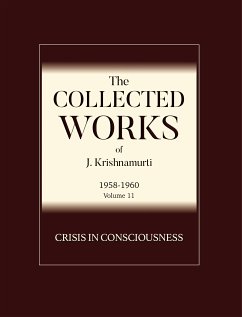
Phenomenal Consciousness and Mind-Body Problem (eBook, ePUB)
in East-West Perspective

PAYBACK Punkte
0 °P sammeln!
About the Book The problem of explanatory gap in the phenomenal consciousness has risen in the Western philosophy mainly because the consciousness itself and its manifestations or reflections are treated separately. Whereas, according to the Veda¯nta school of India, the phenomenal consciousness is merely manifestations of self-consciousness which is embodied in the human beings. In this approach, the phenomenal consciousness and self-consciousness are one and the same thing because the former depends upon the latter. Hence, there is no explanatory gap in the phenomenal consciousness. Similar...
About the Book The problem of explanatory gap in the phenomenal consciousness has risen in the Western philosophy mainly because the consciousness itself and its manifestations or reflections are treated separately. Whereas, according to the Veda¯nta school of India, the phenomenal consciousness is merely manifestations of self-consciousness which is embodied in the human beings. In this approach, the phenomenal consciousness and self-consciousness are one and the same thing because the former depends upon the latter. Hence, there is no explanatory gap in the phenomenal consciousness. Similar is the case with the mind-body problem which exists in the Western philosophy mainly because the mind is treated as synonymous with consciousness. This book solves the above problems on the basis of the Indian philosophy and existential philosophy of Jean-Paul Sartre. In both the philosophies, there is no explanatory gap in the phenomenal consciousness and the mind-body problem. About the Author V.N. Misra, PhD, retired from Indian Economic Service (IES), has worked as Economic Advisor in different ministries of Government of India. He had several consultancy assignments with the ADB, FAO, World Bank and IFPRI. Dr Misra has also to his credit more than forty research papers published in reputed journals in the field of agricultural policy and development, labour, employment, rural poverty, etc. He has also co-authored (with V.S. Vyas and D.S. Tyagi) a book, Significance of New Technology for Small Farmers. Dr Misra's study on Terms of Trade is a published work. He has now shifted his interest from economics to philosophy and has recently published two books: Science of Consciousness: A Synthesis of Veda¯nta and Buddhism and Sam¿sa¯ra and Nirva¯n¿a: A Unifying Vision.
Dieser Download kann aus rechtlichen Gründen nur mit Rechnungsadresse in A, B, BG, CY, CZ, D, DK, EW, E, FIN, F, GR, H, IRL, I, LT, L, LR, M, NL, PL, P, R, S, SLO, SK ausgeliefert werden.













